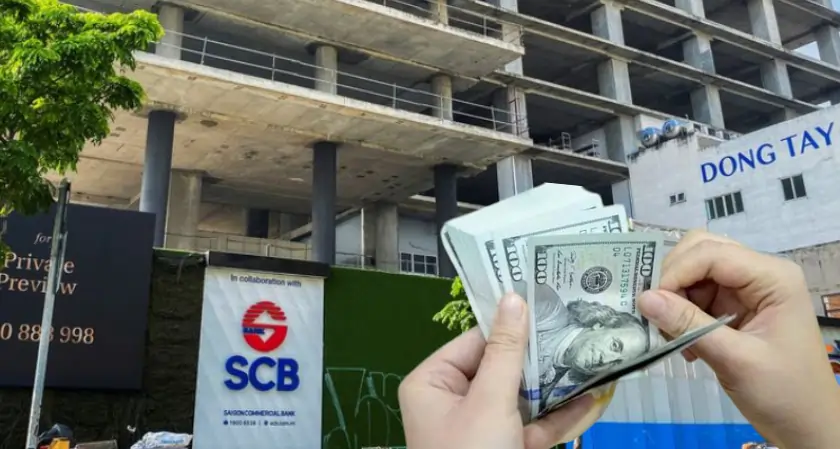In a broad anti-money laundering and digital banking reform, the State Bank of Vietnam has flagged nearly 300,000 customers for possible fraud and closed 154 million accounts.
In a total of 1.5 trillion VND (56.9 million USD), the State Bank of Vietnam (SBV) reported that it had cleared out 154 million bank accounts and reported almost 300,000 clients for possible fraud.
Le Hoang Chinh Quang, the director of the SBV's information technology department, stated that as of September 2025, the central bank had proposed to eliminate and streamline 124 of 298 administrative procedures, or 41.6% of the total. In addition to saving hundreds of days of processing time, this initiative has saved over 7.6 billion VND in expenses.
The Ministry of Public Security and the bank's Anti-Money Laundering Department worked together to remove 36 million customer files and 154 million accounts from the national database on money laundering and terrorist financing. Similar cross-checks were performed on 57 million records by the National Credit Information Center (CIC), which cleared its credit information database of almost 44.5 million customer files.
According to Quang, mobile banking platforms now incorporate biometric authentication from 39 intermediary institutions and 57 banks. A total of 1.3 million corporate accounts and over 128.9 million personal accounts—or all active users of digital banking—were biometrically validated.
The central bank has discovered about 600,000 accounts with questionable activity in the recent past. Authorities, working with banks, blocked transactions totaling approximately 1.5 trillion VND and issued warnings to almost 300,000 customers.
According to Nguyen Thi Minh Tho, deputy director of the Anti-Money Laundering Department, the department is carrying out the government's resolution on piloting a crypto trading market. Its four main goals are to impose anti-money laundering requirements on encrypted asset service providers; gather, process, and transmit information about suspicious transactions; guarantee tight coordination between the SBV, the Ministry of Finance, the State Securities Commission, and the Ministry of Public Security; and promote international collaboration to improve the efficacy of anti-money laundering measures.
The central bank is creating guidelines that are specific to the encrypted asset market and allow financial institutions to offer related services while adhering to legal requirements to prevent money laundering, terrorist financing, and the proliferation of weapons of mass destruction.



































